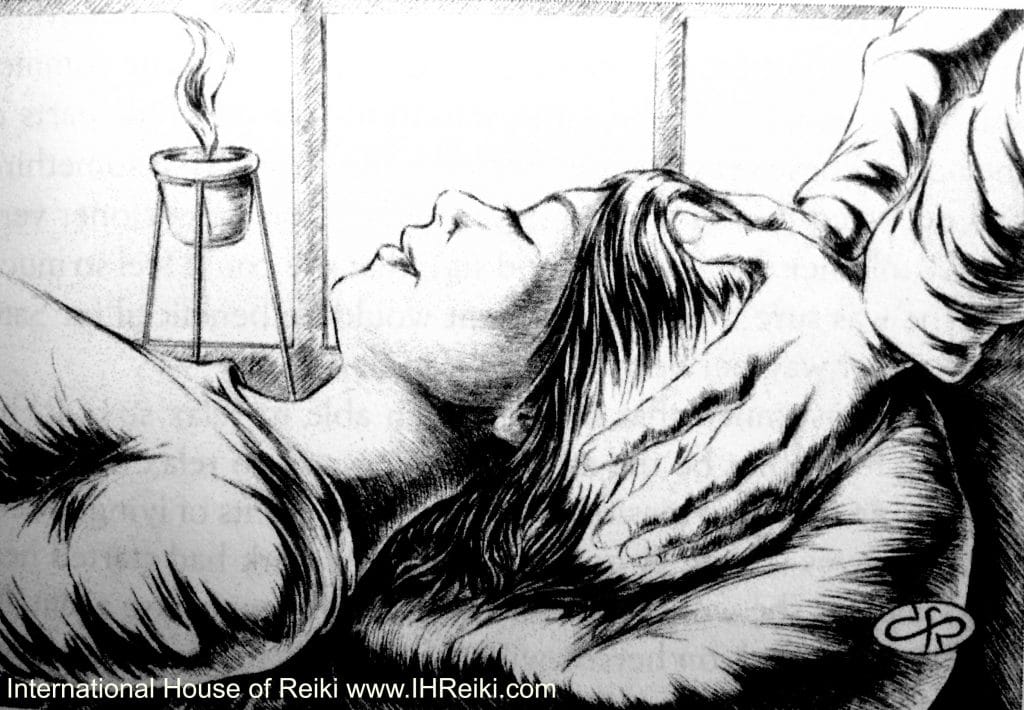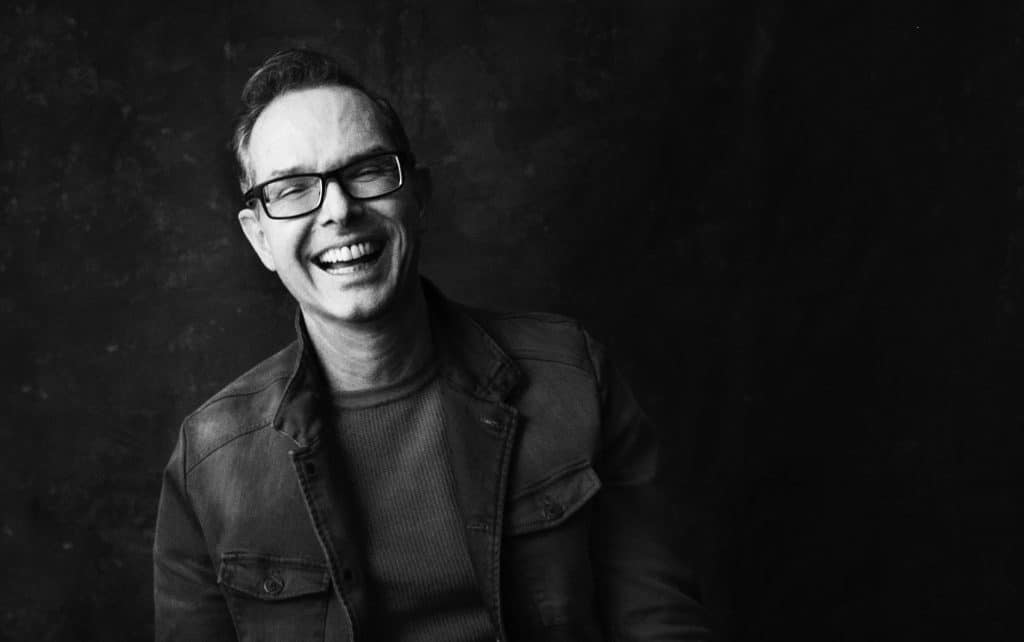
More and more the system of Reiki is being introduced within hospitals and medical settings around the world.
But for a practitioner it is not always that easy to work in these kind of environments. So here are a few essential tips to help you on your way.
Stay centred
Working in a medical setting, many things happen which can throw us off our centre, losing our groundedness. Emergencies, people with trauma, crying, feeling pain, dying – you name it. All of these things can throw us off balance; this is why the practice of Joshin Kokyu Ho is so important. This is a deep breathing meditation practice in which you focus on your hara/tanden, an energy point just below your navel. This is your centre.
Do you remember the weeble wobble? “Weebles wobble but they don’t fall down.” That is because the weight is in the bottom of the weeble which makes it stable. The more our own focus is on our hara/tanden, the more stability we gain. The more we practice Joshin Kokyu Ho – on a daily basis – the more grounded we will become. We can move freely, but we do not fall over in distress or sink into the emotional difficulties of being in a hospital.
The moment we face a crisis, we learn whether or not our inner strength is sufficiently developed to carry us through our difficulties.
– Tarthang Tulku
Don’t label, judge, or distinguish
Letting go of labeling, judging, and distinguishing will help you to become more open. When we see a client in a hospital and we label them as sick, there already is an unbalanced “us and them” element at play. We are healthy; they are sick. For a treatment to be beneficial we need to create harmony, harmony between us and our client. I often hear from people who have cancer that they feel they are seen as “that cancer person”, while they feel they are just a “person who has cancer”. By not labeling, judging or distinguishing we start to see everybody as equal.
Most of your clients also are not interested in diagnosis; they just want to get better. So let go of labeling, judging, and distinguishing, and just be with them. Being with them frees up the energy within your own mind and therefore creates a more open space for healing to take place.
As the senses communicate information to the mind, the mind begins to make decisions, which involve judgment, concepts, and dualities, that then create separateness and conflict.
– Tarthang Tulku
Be flexible
Often we learn that treatments need to be an hour long or even longer, but in hospital settings we do not always have the time to spend that long with a client. Sometimes all you have is 10 or 20 min. This doesn’t mean that your session will not be beneficial; it is just that you have to be more flexible. Often we like to make our hands-on healing session complicated, but again a hospital setting is not the place for this. Thus we have to be flexible so that we can let go of our “normal” way of doing things. Flexibility can only happen when we are more open minded and less restricted with our practices. No need for specific hand positions, no need to wave your hand around, draw symbols or say mantras: keep it simple.
As we become more open, we experience a sense of liberation and the energy is free to flow within us
– Tarthang Tulku
Expectation
When we see people in hospitals we might have lots of expectations of “making” them better. Expectations can become an obstacle because when these expectations are not met we start to worry or get angry. We worry that our sessions are not good enough; we get angry because the person is still sick. Expectation creates a breeding ground for all sorts of distractions. So let go of expectations: just be free and open.
It is important not to strive to attain any particular experience – so relax without distraction.
– Tarthang Tulku
Compassion
By far, the most important element for working in a hospital is compassion; it is one of the essential precepts within the system of Reiki. Compassion is the last precept because we only can be truly compassionate when we have let go of our anger and worry, and can be grateful for everything. Why is compassion the most important element when working in a hospital? Because it is only through a compassionate heart/mind that we start to see everybody as equal, and therefore we start to feel safe and secure ourselves. This in turn makes us a more grounded and flexible practitioner. Real compassion is when we see there is no giver, no gift, and no receiver. This is the state of mind when the most energy flows between you and your client. Whether you are together in a busy hospital or a beautiful spa, compassion can help both you and your client shine more brightly.
The power of compassion can totally transform both ourselves and others so that our lives become radiant and light.
– Tarthang Tulku
Based in Holland, Frans Stiene teaches in North America, Europe, UK, Australia and Asia.
Frans is also the author of Reiki Insights, it is the continuation of his previous book The Inner Heart of Reiki, taking your personal practice and understanding of the system of Reiki yet another step deeper.


Comments 6
Having worked in hospitals and having seen hospice clients in their own homes, I can affirm that these ‘guidelines’ are clear, direct and helpful. Thanks for this teaching tool.
Susan
HI, everyone,
I wanted to add this video from Kristen Deleo to the discussion. She uses the perspective of ‘accompanying’ when one is offering care to those in the hospital or hospice. This stance removes the sense of duality between the person in the hospital bed and the one visiting. Frans addressed this in the section on ‘Don’t label, judge or distinguish
Susan.
https://www.youtube.com/watch?v=SP0-4-HvDX4
Hi Susa,
Love that video!!! So true. I will share it on facebook. We need to move away from this state of mind, we need to come more for a state of non-duality.
Love
Frans
I’ve been working in a hospital offering Reiki treatments for the past 6 years. I started at around the time I took Frans’ Shinpiden class. Practicing these guidlines help me to stay centered on a daily basis and allow me to just be with the patients and staff no matter what is going on around us. They make all the difference. Thank you.
You are doing a great job Sharon!
Love
Frans
Flexibility is very important I have learned it working in pediatric palliative care in their home. You never know where the child is going to be when you arrived , it can be in the floor in bed or wheelchair. So your intention and love is what counts